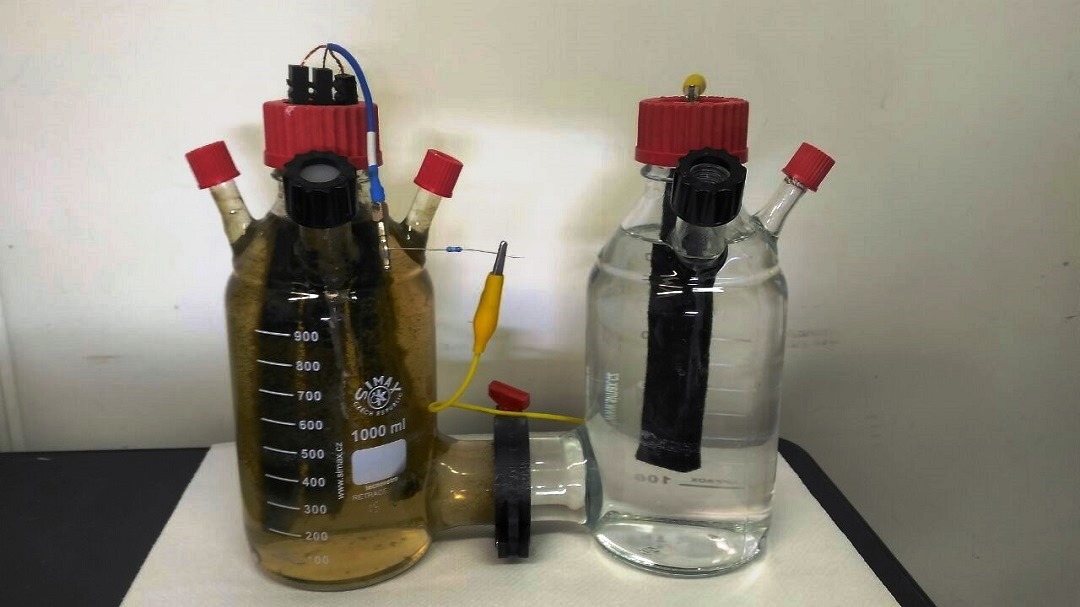Contaminated Soils, Sediments and Groundwater
The research activities of the group involve either experimental or modeling approaches, and mainly concern the study of the behavior of organic and inorganic pollutants in soil, subsoil, sediments, and groundwater, aimed at assessing human and environmental risks and studying remediation technologies. With regard to human and environmental risk assessment, in addition to the development of innovative methodological approaches, the research activities are devoted to testing characterization and monitoring techniques for the refinement of the evaluations. With regard to remediation technologies, the group has experience both in site-specific optimization of consolidated chemical, physical and biological technologies and in the development of innovative technologies, for example with bio electrochemical systems and/or the use of electrodes. The group is also involved in issues concerning the management of contaminated sites (with particular reference to the methods of hierarchization of contaminated sites for the definition of the intervention priorities on a regional scale) and the implications of soil and subsoil remediation in urban regeneration (with adaptive reuse approaches for optimizing the development of individual contaminated areas).

